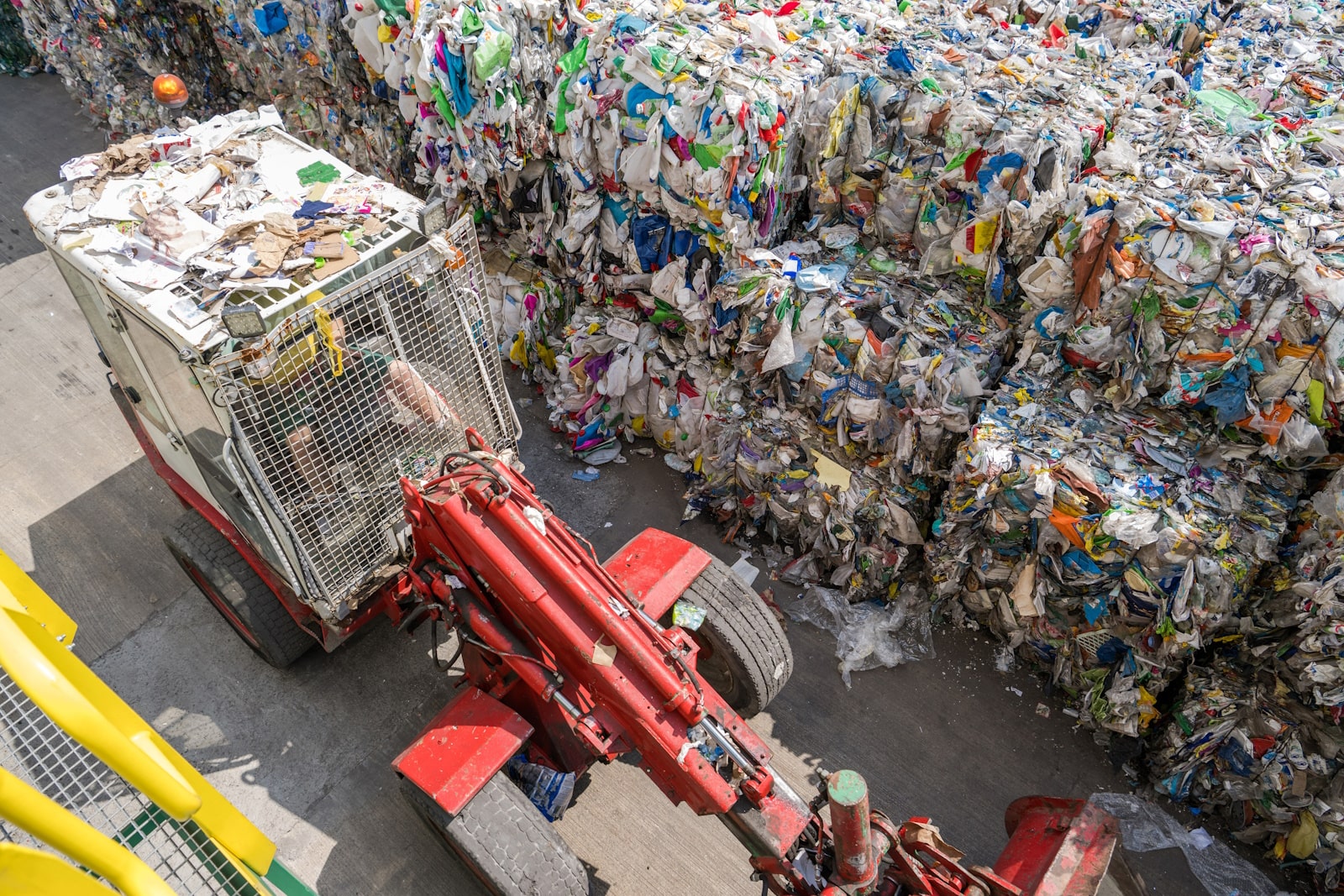Company Waste Management: Effective Methods
Efficient company waste management can provide a competitive edge by lowering costs, improving brand reputation, and meeting legal obligations. This blog explores sustainable waste management strategies, the importance of waste audits, and how manufacturing industries can manage chemical waste responsibly.
Sustainable Waste Management Practices
Adopting sustainable company waste management practices is a key pillar of corporate social responsibility. Companies that reduce, reuse, and recycle effectively can lower their environmental impact while also saving money. By implementing the right strategies, businesses can ensure that their operations contribute positively to the planet and their bottom line.
Waste Reduction
The first step in sustainable waste management is minimising the amount of waste generated. This involves evaluating production processes and identifying areas where waste can be reduced. For example, businesses can optimise manufacturing methods to avoid overproduction, use packaging made from recycled materials, or reduce unnecessary waste by improving inventory management. A significant focus should be on reducing waste at the source, as this not only lowers disposal costs but also conserves valuable resources.
Reuse and Recycling
When waste is unavoidable, the next best option is to reuse and recycle. Establishing effective recycling programmes within your organisation can help divert waste from landfills and lower environmental impact. Businesses can encourage recycling by clearly labelling bins, providing training to staff, and ensuring that recyclable materials are segregated from general waste. Furthermore, reusing materials in the production cycle can significantly reduce resource consumption and cut operational costs. For instance, a manufacturing company could recycle scrap materials to be reused in the production of new products, closing the loop on material usage.
Circular Economy
A growing trend among forward-thinking businesses is adopting the principles of a circular economy. This model focuses on designing products and processes with the end of their lifecycle in mind. By ensuring that products can be reused, refurbished, or recycled, companies can reduce their reliance on raw materials, lower waste output, and minimise energy consumption. By integrating a circular approach into business operations, companies can set themselves apart as leaders in sustainability, benefiting both the environment and their profitability.
The Importance of Waste Audits and Assessments
A comprehensive waste audit is a critical tool for any business aiming to improve its waste management practices. Conducting regular audits provides valuable insights into the waste produced, its disposal methods, and opportunities for improvement.
Identifying Waste Streams
Waste audits allow companies to understand the types of waste they produce and in what quantities. For example, a business may discover that a significant portion of its waste can be recycled, or that certain materials are being disposed of improperly. By conducting a waste audit, a company can identify these inefficiencies and develop strategies to address them.
Cost Savings and Efficiency
Waste audits are not only about environmental impact—they can also lead to substantial cost savings. By identifying waste reduction opportunities, businesses can decrease disposal fees, reduce landfill contributions, and even generate revenue through the sale of recyclable materials. In addition, optimising waste management processes can streamline operations and improve overall efficiency, leading to long-term financial gains.
Regulatory Compliance
In South Africa, businesses must comply with a range of regulations governing waste management. The National Environmental Management: Waste Act (NEMWA) sets out clear guidelines for the management of waste, including the classification, storage, and disposal of hazardous materials. A waste audit helps businesses ensure they are meeting these legal obligations, thus avoiding potential penalties and contributing to national sustainability goals.
Best Practices for Managing Chemical Waste in Manufacturing
In manufacturing, chemical waste management is a particularly crucial concern. Improper disposal of hazardous chemicals can have severe environmental and health consequences. As such, it is essential for companies to adopt best practices for handling chemical waste.
Regulatory Compliance
South African laws, such as the NEMWA, impose strict regulations on the management of hazardous waste. The South African Waste Classification and Management Regulations outline the process for the classification of waste, including hazardous chemical waste, and provide guidelines on proper storage, treatment, and disposal. Companies that handle chemical waste must ensure they are in compliance with these regulations to prevent environmental damage and avoid costly fines.
Proper Chemical Storage
One of the first steps in managing chemical waste is to ensure proper storage. Chemicals should be stored in designated areas that meet safety standards to prevent leaks, spills, or accidents. These storage areas must be clearly marked, and access should be restricted to authorised personnel only. Regular inspections should be conducted to ensure that chemicals are stored securely and are not posing a risk to the environment or human health.
Safe Disposal Methods
Once chemical waste has been identified, it must be disposed of in a manner that adheres to legal requirements and environmental best practices. This may involve working with certified waste disposal companies that specialise in hazardous materials. In some cases, chemical waste can be treated or neutralised before disposal, further reducing environmental impact.
At A-Thermal, we are committed to helping businesses manage their waste responsibly. Our team is equipped with the knowledge and expertise to guide your company through the complexities of waste management. Get in touch with us today to learn how we can support your sustainability efforts.







